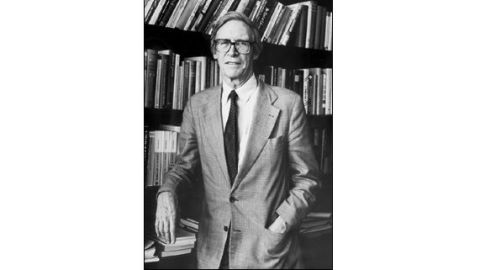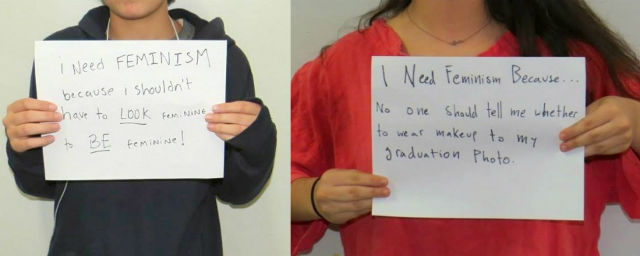The End of the Filibuster: John Rawls Belly Laughs and a Justice Failure is Corrected

The death of the filibuster for presidential nominations in the United States Senate has an ethical dimension that we’re going to see misinterpreted and piped through the manufactured outrage machine. The important philosopher John Rawls, whose theory of distributive justice will likely get mentioned at some point, I am hoping would sit back and belly laugh at the change in these rules. He might laugh because, like me, he could be of the opinion that it is long overdue.
The ideas of Rawls are integrated into our lives in ways few people realize. They have, when employed in a positive way by governments and legislatures, led to a more just society. Rawlsian distributive justice theory supports such diverse things as the civil rights of the disabled, funding of scholarships for adverse circumstance youth to attend college, food stamps and Women Infant and Children (WIC) programs, and underlies the system used to distribute organs to sick people in need of transplants.
Rawlsian distributive justice has a few parts worth mentioning. First is the ‘veil of ignorance,’ an imaginary shroud that we put on ourselves when considering something. The veil tells us not to prejudge, to leave out knowledge of who people are, where they are from, what gender they are etc. Basically, be neutral and come to the table with a clean slate, much as a juror must do in a trial.
Importantly, only after putting on this veil can you evaluate an issue relating to distribution of scarce resources (whether it be money, the power to make a decision or impact something, who should get the donated kidney, etc.). Of particular interest to Rawls was what is now called the difference principle. There are two parts to it. The first is that there should be an equal playing field. In the case of a liver transplant, it isn’t an equal playing field because not everyone has an equal chance to get the liver (we certainly do not have a liver surplus). In the absence of an equal playing field, then the second part of the difference principle comes into effect. It says that the greatest benefit shall go to those with the least or in the most need. In the case of the liver transplant, it goes to the person on the top of the transplant list. They are at the top because they are the sickest and therefore the most in need of the liver.
In the wake of the filibuster dismantling, it will be screamed loudly that the minority is being stripped of their power and that this is unjust. It will be claimed that the minority, in a just society, should have the power to stop something and that the difference principle automatically applies. This is a false claim to Rawlsian justice. The reason it is a false claim is that it fails to meet the conditions necessary to even consider the difference principle.
No single person currently in the United States Senate has ever put on a veil of ignorance in their voting on nominees. It is not designed that way. If they had, the number of filibusters would be extremely low. By definition, a filibuster is a political move informed by preconceived notions and assumptions that violate the veil of ignorance and serve only to block someone and deny them an opportunity. A filibuster goes further and requires, at some level, an agreement amongst a few colleagues to do work together to hold someone back from getting a simple up/down vote. As far as an interpretation of Justice is concerned, filibusters violate the veil of ignorance. Even if they got past that hurdle, a filibuster violates the first part of the difference principle by denying equal opportunity to a nominee to receive a fair vote in the established system.
While there are likely many challenges to come in integrating these changes, all are better than continuing an unjust practice like the filibuster.
Image courtesy of Shutterstock





